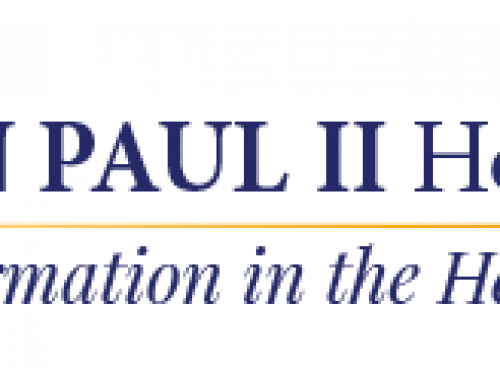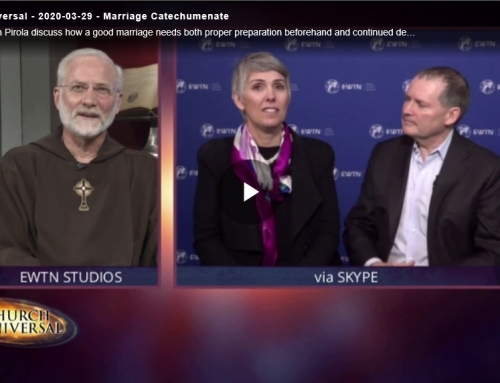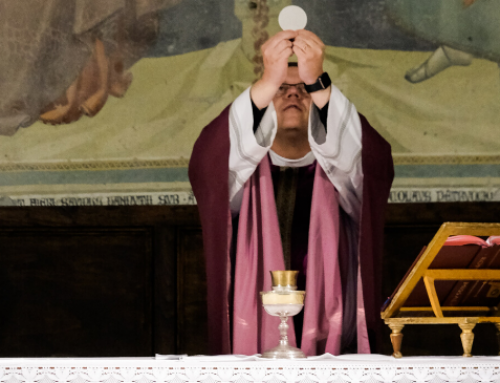Featured Resource
Integrating the Science of Psychology with insights about the human person from philosophy and theology.
The Divine Mercy University (formerly the Institute for the Psychological Sciences) is an international centre for scholarship and professional training dedicated to the development of a psychology grounded in an integral Catholic Christian view of the human person. Maintaining the highest academic standards it educates new generations of psychologists and opens new areas of research for psychological theories that explore the relationship of psychology and the Catholic understanding of the human person.
Their website features a number of courses, including distance learning opportunities through their online webinars. The courses are suitable for professional counsellors, clergy, religious and lay people involved in healing ministries.
Website: here
A Message from Dr. Gladys Sweeney
So you want to know what makes Divine Mercy University unique? Allow me to explain.
Being a therapist is a vocation, a calling, to heal and significantly impact the well-being of individuals, marriages and families.
Most clients have been wounded and betrayed, and some have wounded and betrayed others. A therapist that understands the profession as a vocation does not simply see the addict, the alcoholic, the spouse abuser, the struggling marriage in need of behavior modification, anger control, cognitive restructuring or communication skills training. Rather, the therapist is called to see the client in terms of their inherent dignity, created out of love and redeemed by love, as God himself sees the person.
A therapist who follows this call sees all of this, even if he or she never mentions God to the client.
They see the therapeutic encounter with the client as providential and not random, and themselves as instruments of healing for the person. Healing includes helping the client understand his inherent self-worth, and the need to come out of themselves and give to others. They see that freeing people from depression, addiction, obsession, and so on serves as the means to the larger goal of freedom for the flourishing life, the virtuous life.
They move people from unhappiness to hope.
The Institute’s comprehensive curriculum brings together the study of the empirically-proven psychotherapeutic techniques and the study of philosophical and theological sources. This enables our graduates to grasp all the complexities of the human person, including the transcendent and spiritual dimension. We are training our students to be leaders in the field and to practice as therapists answering this vocation.
Gladys M. Sweeney, Ph.D.Academic Dean Emerita and Senior Scholar More information: here





